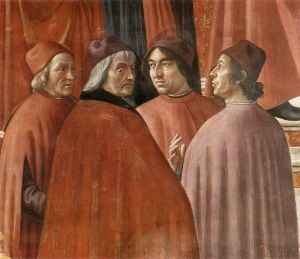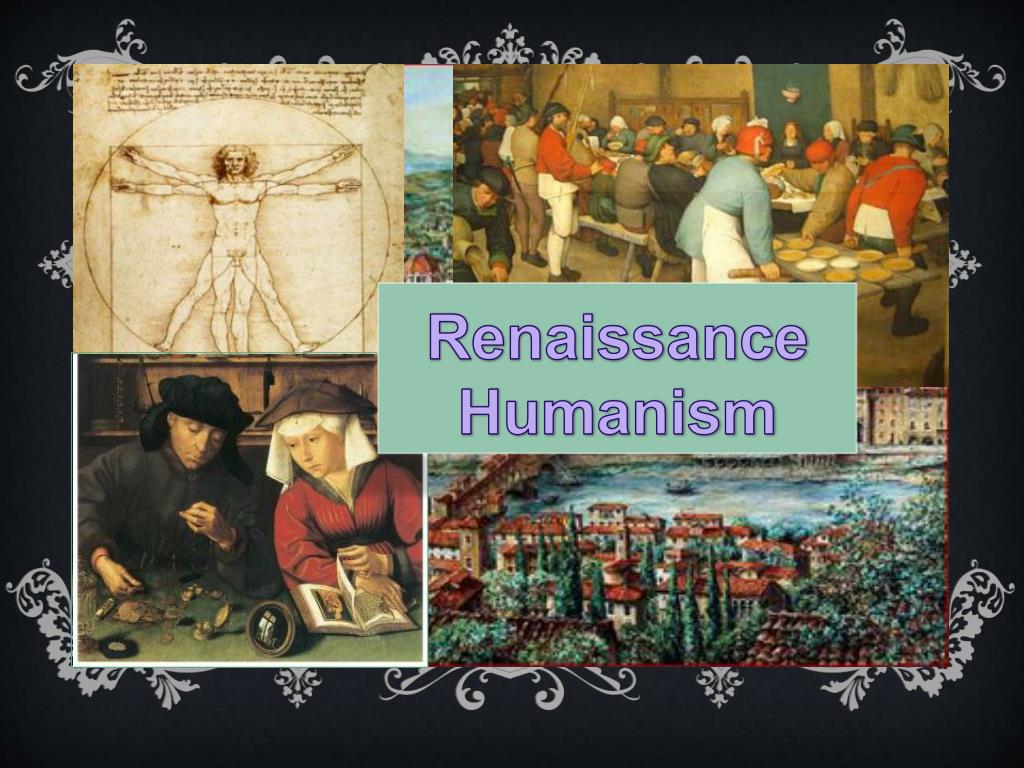Humanists —proponents or practitioners of Humanism during the Renaissance—believed that human beings could be dramatically changed by education. The Humanists of the Renaissance created schools to teach their ideas and wrote books all about education.
uMuntu nguMuntu ngaBantu’: toward an equitably infused global epistemological orientation and global (philosophy of) education HiA Network
Among its many principles, humanism promoted the idea that humans are at the center of their own universe and should embrace human achievements in education, classical arts, literature and science.

Source Image: theartist.me
Download Image
Education – Early Humanists, Renaissance, Reformation: At the end of the 15th century, there was a flowering in England of both humanistic studies and educational institutions, enabling a rapid transition from the medieval tradition to the Renaissance.

Source Image: brewminate.com
Download Image
Renaissance Humanism – Modern Art Terms and Concepts | TheArtStory Portrait of Galileo, mid-17th century. Humanism benefited the development of science in a number of more specific ways. Alberti’s technological applications of mathematics, and his influential statement that mathematics was the key to all sciences, grew out of his humanistic education at Padua.

Source Image: readgreatliterature.com
Download Image
Explain How Humanism Influenced Education During The Renaissance
Portrait of Galileo, mid-17th century. Humanism benefited the development of science in a number of more specific ways. Alberti’s technological applications of mathematics, and his influential statement that mathematics was the key to all sciences, grew out of his humanistic education at Padua. Overview. Francesco Petrarca (July 20, 1304-July 19, 1374), commonly anglicized as Petrarch, was an Italian scholar and poet in Renaissance Italy, and one of the earliest Humanists. Petrarch’s rediscovery of Cicero’s letters is often credited for initiating the 14th-century Renaissance. Petrarch is often considered the founder of Humanism.
Reading the Renaissance: English Literature from 1485-1660 – Read Great Literature
Definition. Renaissance Humanism was an intellectual movement typified by a revived interest in the classical world and studies which focussed not on religion but on what it is to be human. Its origins went back to 14th-century Italy and such authors as Petrarch (1304-1374) who searched out ‘lost’ ancient manuscripts. Navigating the Waves of Change: A Global Journey Through the Evolution of Education Systems – English Plus Podcast

Source Image: englishpluspodcast.com
Download Image
Renaissance Humanism | Definition, Characteristics & Works – Video & Lesson Transcript | Study.com Definition. Renaissance Humanism was an intellectual movement typified by a revived interest in the classical world and studies which focussed not on religion but on what it is to be human. Its origins went back to 14th-century Italy and such authors as Petrarch (1304-1374) who searched out ‘lost’ ancient manuscripts.

Source Image: study.com
Download Image
uMuntu nguMuntu ngaBantu’: toward an equitably infused global epistemological orientation and global (philosophy of) education HiA Network Humanists —proponents or practitioners of Humanism during the Renaissance—believed that human beings could be dramatically changed by education. The Humanists of the Renaissance created schools to teach their ideas and wrote books all about education.

Source Image: hostedinafrica.com
Download Image
Renaissance Humanism – Modern Art Terms and Concepts | TheArtStory Education – Early Humanists, Renaissance, Reformation: At the end of the 15th century, there was a flowering in England of both humanistic studies and educational institutions, enabling a rapid transition from the medieval tradition to the Renaissance.

Source Image: theartstory.org
Download Image
PPT – Renaissance Humanism PowerPoint Presentation, free download – ID:2762409 Definition. Very broadly, the project of the Italian Renaissance humanists of the fourteenth and fifteenth centuries was the studia humanitatis: the study of the humanities, “a curriculum focusing on language skills.” This project sought to recover the culture of ancient Greece and Rome through its literature and philosophy and to use this classical revival to imbue the ruling classes with the

Source Image: slideserve.com
Download Image
Renaissance Humanism – Diving into Rhetoric Portrait of Galileo, mid-17th century. Humanism benefited the development of science in a number of more specific ways. Alberti’s technological applications of mathematics, and his influential statement that mathematics was the key to all sciences, grew out of his humanistic education at Padua.

Source Image: pressbooks.pub
Download Image
The Renaissance to the Age of Naturalism in Education | PPT Overview. Francesco Petrarca (July 20, 1304-July 19, 1374), commonly anglicized as Petrarch, was an Italian scholar and poet in Renaissance Italy, and one of the earliest Humanists. Petrarch’s rediscovery of Cicero’s letters is often credited for initiating the 14th-century Renaissance. Petrarch is often considered the founder of Humanism.

Source Image: slideshare.net
Download Image
Renaissance Humanism | Definition, Characteristics & Works – Video & Lesson Transcript | Study.com
The Renaissance to the Age of Naturalism in Education | PPT Among its many principles, humanism promoted the idea that humans are at the center of their own universe and should embrace human achievements in education, classical arts, literature and science.
Renaissance Humanism – Modern Art Terms and Concepts | TheArtStory Renaissance Humanism – Diving into Rhetoric Definition. Very broadly, the project of the Italian Renaissance humanists of the fourteenth and fifteenth centuries was the studia humanitatis: the study of the humanities, “a curriculum focusing on language skills.” This project sought to recover the culture of ancient Greece and Rome through its literature and philosophy and to use this classical revival to imbue the ruling classes with the